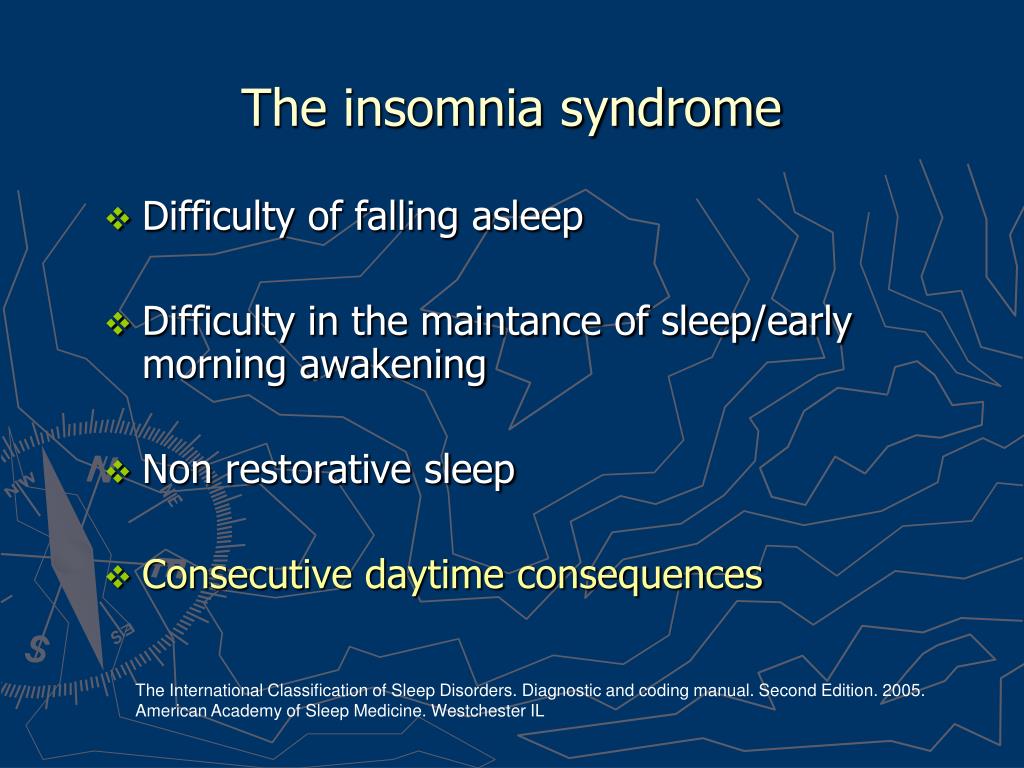

Somnolence, unpleasant taste in the mouth, headache, dizziness, dry mouth, rash, anxiety, hallucinations, respiratory infectionĬentral nervous system depressant effects and next-day psychomotor impairment Over-the-counter sleep medications and supplements

Probably has no effect on other outcomes

Probably has no effect on total sleep time Improves sleep onset latency, total sleep time, and sleep quality Improves sleep onset latency and total sleep time Data were insufficient to evaluate the effectiveness of benzodiazepines or over-the-counter sleep aids such as diphenhydramine, doxylamine, or melatonin. (SOR: A, based on consistent, good-quality patient-oriented evidence.) There was limited evidence for the long-term safety of pharmacotherapy for insomnia ( eTable A), although observational studies suggest possible associations with head injuries, cancer, and dementia. Food and Drug Administration–approved prescription drugs for insomnia, eszopiclone, zolpidem, and suvorexant improved some outcomes among the general adult population in primarily short-term studies of three months or less. (SOR: B, based on inconsistent or limited-quality patient-oriented evidence.) There was insufficient evidence to report on the adverse effects of CBT for insomnia. (Strength of Recommendation : A, based on consistent, good-quality patient-oriented evidence.) The effectiveness of CBT for insomnia was consistent across different delivery modes (i.e., in person as an individual or with a group, by telephone, through the web, or using a self-help book) and was sustained in the long term, which was defined as at least six months. Cognitive behavior therapy (CBT) for insomnia improves sleep outcomes in the general adult population.


 0 kommentar(er)
0 kommentar(er)
